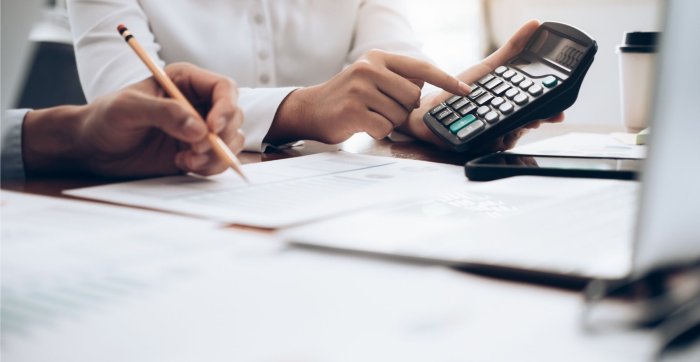
If you wholly or partly operate your business from home, you may be able to claim the business-use portion of expenses you incur.
For example:
- Occupancy expenses (such as mortgage interest or rent, council rates, land taxes and home insurance premiums); and
- Running expenses (such as electricity, gas, phone, internet, stationery, cleaning and the decline in value of assets).
The temporary shortcut method (80 cents per hour) ended on 30 June 2022 and the fixed-rate method has been revised.
For the 2022–23 income year, the revised fixed rate is 67 cents per hour. You no longer need to:
- Have a dedicated home office space;
- Separately work out the business-use portion of phone, internet, gas and electricity.
You can also separately claim the decline in value of depreciating assets and equipment, including any repairs and maintenance costs.
If you want to use the revised fixed rate method, you need to keep a record of all hours worked from home for the entire income year (for example, on a timesheet, roster or in a diary).
You need to keep the following records to prove your working from home tax deductions for the 2023 financial year:
- A record which is representative of the total number of hours you worked from home during the period from 1 July 2022 to 31 December 2022; and
- A record of the total number of actual hours you worked from home for the period 1 March 2023 to 30 June 2023.
Download 2023 working from home diary template here
For the 2024 and later financial years, the ATO expects you to keep a record for the entire income year of the number of hours they worked from home during that income year. An estimate for the entire income year or an estimate based on the number of hours worked from home during a particular period will not be accepted.
You must also keep evidence for each of the additional running expenses that you incurred. The documents you need to keep in order to demonstrate that you have incurred additional running expenses must show what the expense is and that you incurred the expense.
For energy, mobile and/or home telephone and internet expenses, you must keep one monthly or quarterly bill. If the bill is not in your name, you will also have to keep additional evidence showing you incurred the expenses; for example, a joint credit card statement showing payment or a lease agreement showing you share the property, and therefore the expenses, with others.
For stationery and computer consumables, which are occasional expenses, you must keep one receipt for each item purchased.
Your business structure can also affect the method you can use and the expenses you can claim.
Talk to our KMT tax adviser if you wholly or partly operate your business from home.
Read more: Tax deductions for working from home 2023
This is general advice only and does not take into account your financial circumstances, needs and objectives. Before making any decision based on this document, you should assess your own circumstances and get professional advice from a qualified accountant at KMT Partners.


